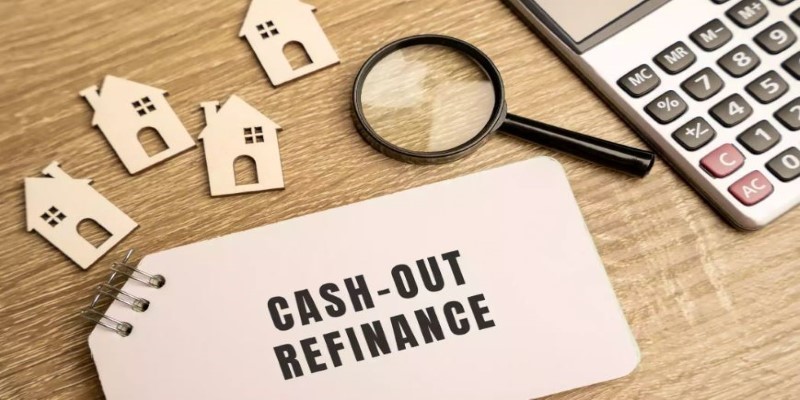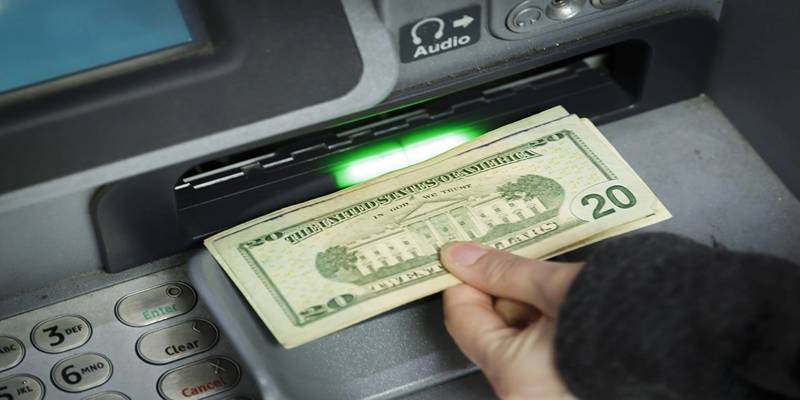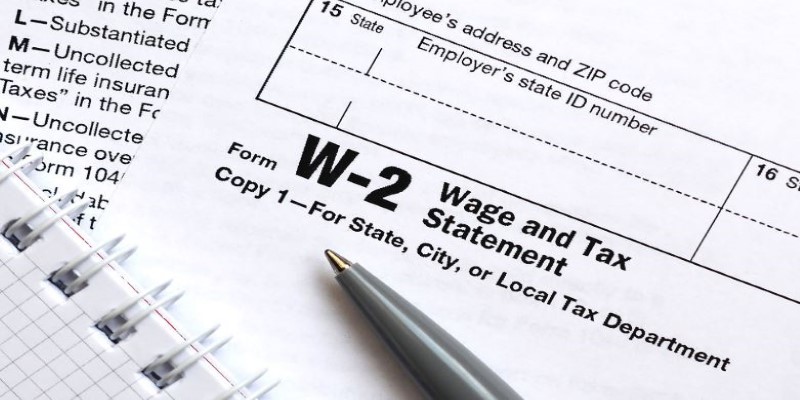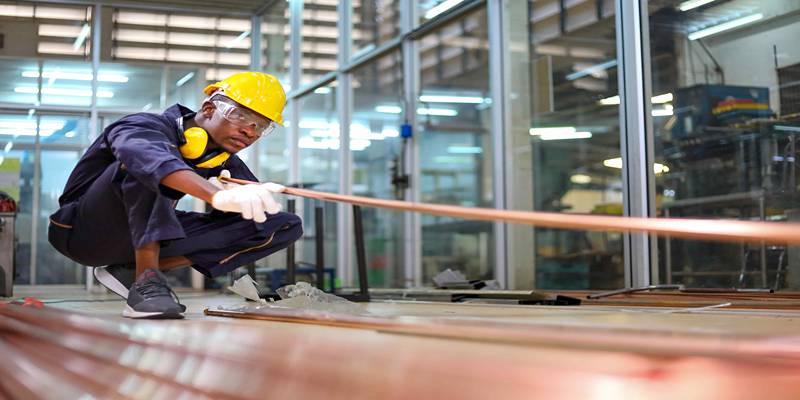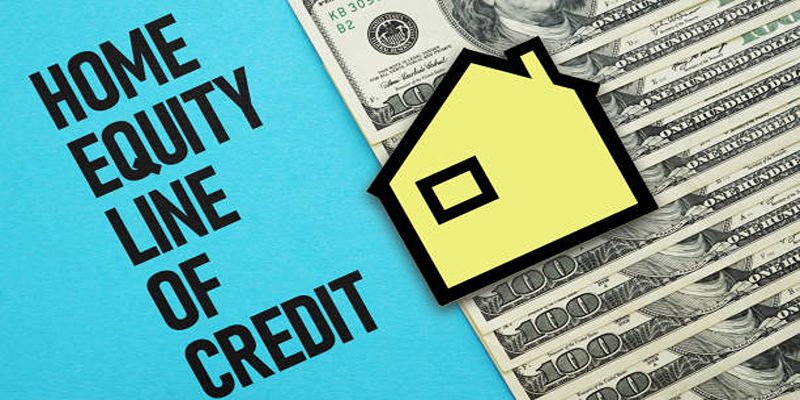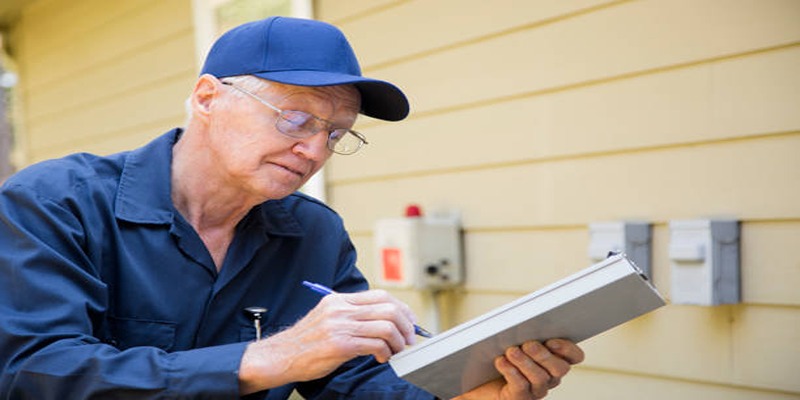Every homeowner must handle the substantial decision of replacing their HVAC system. A HVAC system provides year-round home comfort for residents but cost elements need careful evaluation. Reasonable comprehension of HVAC installation cost variables will decrease the complexity of the process. The guide provides complete information about systems and home dimensions which help homeowners create wise spending plans.
Factors That Affect HVAC Installation Costs
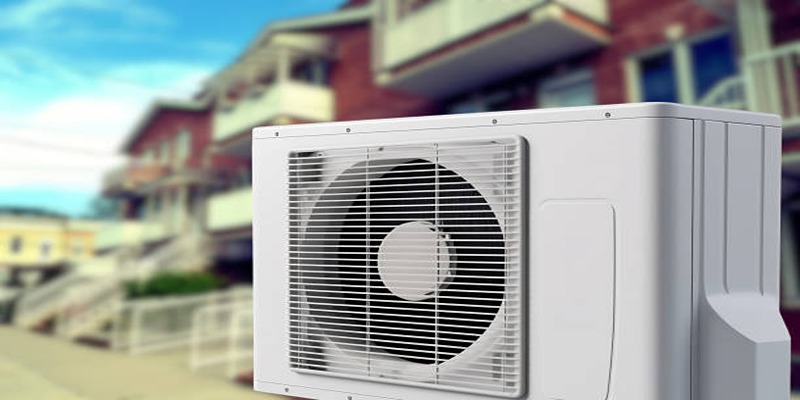
The cost of a new HVAC system can vary significantly depending on multiple factors. Some of the key factors that affect HVAC installation costs include:
Type of System
The type of HVAC system you choose will have a significant impact on the overall cost of installation. There are four main types of systems, including:
- Central Air Conditioning: This is the most common type of cooling system in homes. It uses ducts to distribute cool air throughout the house.
- Heat Pump: This is an energy-efficient alternative to traditional central air conditioning. It uses electricity to transfer heat between outdoor and indoor air, providing both heating and cooling.
- Furnace and Air Conditioning Combo: This is a combination of a furnace and central air conditioning system. It uses the same ducts to distribute cool air in the summer and warm air in the winter.
- Ductless Mini-Split System: This is a relatively new type of cooling system that does not require any ductwork. Instead, it consists of an outdoor compressor unit connected to one or more indoor units.
Size of the system and home layout
The dimensions along with the design of your house determine which HVAC system will work best for you. A home size determines what type of HVAC system is required for heating or cooling purposes because smaller homes need less powerful equipment than larger homes need.
Home layouts should be examined to identify multiple levels that could need separate temperature control settings. The arrangement of spaces in your home determines your necessary system type selection together with the required zoning capabilities for capable temperature maintenance.
Energy Efficiency
One significant factor to consider when choosing an HVAC system is its energy efficiency. Energy-efficient systems can significantly reduce your heating and cooling costs, making them a wise investment in the long run.
There are two main types of energy-efficient HVAC systems: Energy Star rated and High-Efficiency (HE) models. Energy Star rated systems have met rigorous standards set by the Environmental Protection Agency (EPA) for energy efficiency, while HE models use advanced technology to achieve higher levels of efficiency.
Labor and installation complexity
Energy-efficient HVAC systems may have a higher upfront cost due to their advanced technology and materials. However, they often require less maintenance and repairs in the long run, which can save you money in the future. Additionally, these systems typically come with longer warranties, providing peace of mind and potential cost savings in case of any issues.
The installation process for energy-efficient HVAC systems can be more complex and labor-intensive compared to traditional systems. This is because technicians need specialized training to properly install and maintain these systems.
Average HVAC Installation Costs
The cost of installing an HVAC system can vary greatly depending on several factors. These include the size and type of system, the complexity of the installation process, and any additional features or upgrades.
On average, a basic HVAC system installation can cost between $2,000 to $5,000. This includes ductwork and labor costs. However, for more complex systems or larger homes, the cost can be significantly higher - up to $10,000 or more.
It's important to note that while energy-efficient HVAC systems may have a higher upfront cost compared to traditional systems, they can result in significant long-term savings on energy bills.
Additional Costs to Consider
Aside from the initial installation cost, there are also additional costs to consider when it comes to owning an HVAC system. These can include:
- Regular maintenance and tune-ups: In order to keep your HVAC system running efficiently and prevent costly repairs, it's recommended to have a professional perform regular maintenance and tune-ups at least twice a year.
- Replacement or repair costs: Over time, certain components of your HVAC system may need to be replaced or repaired. This can add up in terms of cost, especially if the issue goes unnoticed for a long period of time.
Tips to Save Money on HVAC Installation
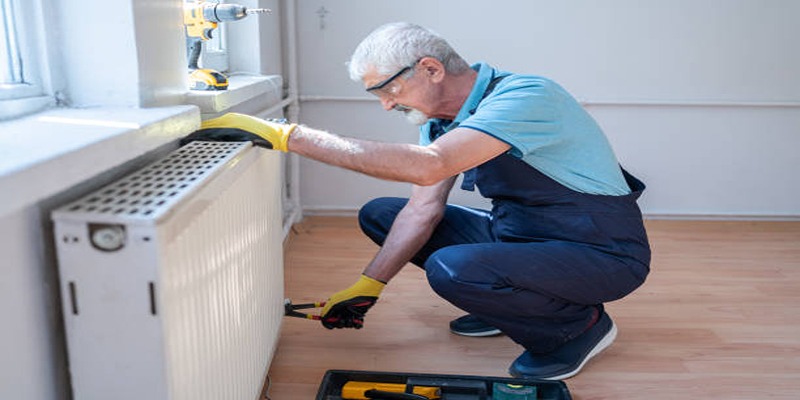
Here are some tips to help you save money when it comes to HVAC installation:
- Shop around and compare quotes: Before choosing an HVAC installation company, make sure to get quotes from multiple companies. This will give you a better understanding of the average cost in your area and help you negotiate for a better price.
- Consider energy-efficient options: When choosing a new HVAC system, opt for energy-efficient models. While they may have a higher upfront cost, they can save you money in the long run through reduced energy bills.
- Take advantage of rebates and incentives: Many utility companies offer rebates or incentives for installing energy-efficient HVAC systems. Check with your local utility company to see if they offer any programs that can help offset the cost of a new system.
- Regular maintenance is key: To ensure your HVAC system operates at its peak efficiency and lasts as long as possible, it's important to schedule regular maintenance appointments. This can also help catch any potential issues before they become major problems.
- Invest in a programmable thermostat: A programmable thermostat allows you to set specific temperatures for different times of the day, reducing energy usage when you're not home or during off-peak hours.
Conclusion
By following these tips, you can ensure that your HVAC system runs efficiently, saves energy, and provides comfortable temperatures year-round. Regular maintenance, smart upgrades like a programmable thermostat, and mindful energy practices will not only extend the life of your system but also reduce utility costs over time. Investing in your HVAC system's care pays off in both comfort and financial savings.


